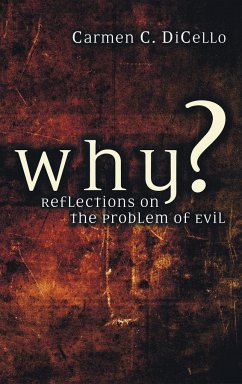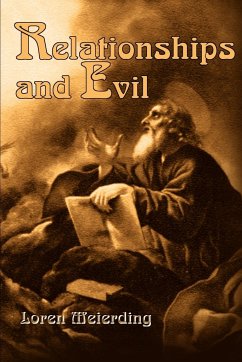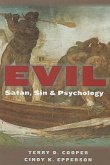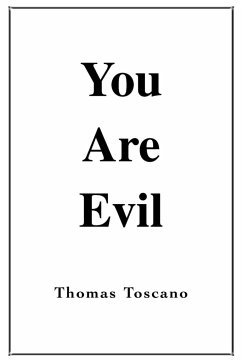Friedrich Nietzsche's philosophical work Beyond Good and Evil questions conventional morality and intellectual assumptions. According to Nietzsche, conventional morality, which is founded on cultural and religious conventions, is constrictive and inhibits people from completely expressing who they really are. According to Nietzsche's "will to power" theory, people naturally want to use their power and influence to influence others. He also presents the notion of the "superman," a mythical being free to choose their own moral standards and transcend conventional morality. Nietzsche criticises standard philosophical notions like the concept of truth and the notion of free will throughout the whole book. He contends that reality is relative and dependent on one's viewpoint, and that free will is an illusion produced by our need for control. While Beyond Good and Evil is difficult to read, it is nonetheless a significant contribution to contemporary philosophy. It inspires people to reconsider their convictions and look for a more genuine and satisfying existence outside of conventional cultural conventions.
Hinweis: Dieser Artikel kann nur an eine deutsche Lieferadresse ausgeliefert werden.
Hinweis: Dieser Artikel kann nur an eine deutsche Lieferadresse ausgeliefert werden.









